The conversation around marijuana is evolving rapidly in the United States, with states adopting diverse approaches to regulation, decriminalization, and research. North Carolina is a state often caught in the midst of these shifting tides, where marijuana remains technically illegal, yet use and interest continue to rise. One question on the minds of many is—what city in North Carolina consumes the most weed? This exploration dives deep into the statistics, culture, demographics, and local attitudes that give North Carolina’s leading city for cannabis consumption its unique character.
The Legal Landscape of Marijuana in North Carolina
Marijuana use in North Carolina is a complex issue, shaped by legal, cultural, and economic factors. While some states have embraced recreational or medical cannabis, North Carolina maintains a strict stance, with both recreational use and possession remaining illegal at the state level. However, small possession has been decriminalized, often resulting in a civil offense rather than a criminal one.
Despite the tightening grip of law, demand for marijuana remains robust. North Carolinians still find ways to access and use cannabis, whether through underground markets, CBD shops with alternative hemp-derived products, or short trips across state lines to states with more relaxed laws.
Piecing Together Consumption Trends
Pinning down the city with the highest weed consumption in North Carolina requires analyzing various data points, including national surveys, health and wellness studies, crime reports, and economic data.
Data from National Surveys
Surveys on drug use, such as those conducted by the National Survey on Drug Use and Health (NSDUH), reveal that approximately 14% of people aged 12 or older in North Carolina reported using marijuana in the past year. Among young adults, the figures rise even higher, especially in the 18-25 age group where experimentation and social use are widespread.
A Closer Look at North Carolina’s Urban Centers
North Carolina’s major urban areas—Charlotte, Raleigh, Durham, Greensboro, and Asheville—are hotspots for cultural change, experimentation, and diversity, which often correlates with higher cannabis consumption.
Durham: The Cannabis Capital of North Carolina
When examining city-level data, Durham consistently emerges as the city with the highest reported cannabis consumption in the state. Durham’s annual weed consumption per capita is notable, with studies ranking it alongside larger metropolitan areas nationally. The city’s inclusion in lists of the highest per capita consumption cities in the United States affirms its standout position within North Carolina.
Why Durham?
Durham’s reputation as a hub of weed consumption can be traced to a blend of cultural vibrancy, progressive attitudes, economic diversity, and the youthful influence of nearby universities such as Duke University and North Carolina Central University. The city’s ongoing revitalization also brings with it a demographic shift toward younger adults and creative professionals, groups that nationally report some of the highest rates of cannabis use.
Demographics and Social Drivers
-
A significant percentage of Durham’s population falls within the 18-34 age bracket—a demographic group that national studies show is most likely to use marijuana regularly.
-
The academic environment shapes a tolerant view toward cannabis, partly through an influx of students from regions where marijuana laws are less restrictive.
-
The presence of a diverse population, including a strong LGBTQ+ community and various immigrant groups, contributes to open dialogue and cultural acceptance of marijuana use.
Socioeconomic Factors
Durham’s transformation into a research, technology, and cultural hub also brings disposable income and a climate of innovation, both of which interact with patterns of substance use.
-
A bustling nightlife and arts scene create social contexts conducive to recreational marijuana use.
-
Economic revitalization has localized economic power in the hands of younger entrepreneurs and professionals, groups more likely to consider marijuana use normal or even fashionable.
Other Major Cities and Their Weed Consumption
While Durham sits at the pinnacle, it is important to acknowledge other North Carolina cities where marijuana use is a prominent feature of local culture.
Charlotte
The state’s largest city, Charlotte, exhibits consistent marijuana usage rates reflective of its metropolitan status. With a diverse population and an inflow of newcomers from states with liberal drug laws, Charlotte’s underground cannabis market is robust.
Raleigh
Home to North Carolina State University and a host of technology companies, Raleigh’s youth culture drives high marijuana usage rates, though not at Durham’s level.
Asheville
Known for its alternative culture, progressive ideals, and thriving arts and music scene, Asheville’s cannabis consumption is notable, though limited somewhat by its smaller population compared to Durham and Charlotte.
Greensboro
As another university town, Greensboro has healthy rates of marijuana use, supported by student populations at UNC Greensboro and North Carolina A&T State University.
The Cannabis Culture: Attitudes, Practices, and Evolution
Cannabis is more than just a substance; it represents a shifting cultural identity among residents of North Carolina. The landscape in Durham and other urban centers reflects broader trends toward normalization.
Attitudinal Shifts
Younger generations, who predominately populate Durham, tend to be more accepting of cannabis use. Surveys show increasing support for legal changes, reduced concern about personal risk, and a growing belief in marijuana’s therapeutic properties.
Cultural Events and Influence
Durham’s festival scene, from music to food to art, often carries an undertone of cannabis culture. Events like local concerts, art shows, and wellness expos showcase open-mindedness and a subtle (sometimes not so subtle) embrace of alternative lifestyles.
Media and Peer Influence
Social media, podcasts, and local publications contribute to shifting norms—informing citizens about changing laws elsewhere and correcting misinformation. The “weed as wellness” narrative has gained traction, particularly among urban millennials and Gen Z.
Economic Impact of Illegal and Legal Cannabis
Even in a state where cannabis is illegal, weed leaves its imprint on the economy—directly and indirectly.
The Underground Market
Profitable underground cannabis markets thrive in cities like Durham, Charlotte, and Raleigh. High demand combined with limited legal supply keeps prices and dealings active. Law enforcement struggles to stem the tide, especially as public opinion increasingly sways toward legalization or decriminalization.
Hemp and CBD Boom
While marijuana remains restricted, Durham and other cities have seen a surge in CBD and hemp-derived product shops. Entrepreneurs have capitalized on north-south legal discrepancies to offer semi-legal, hemp-based products that still produce psychoactive effects.
The “Gray Market” Effect
Consumers have become savvy about alternatives—including Delta-8 THC and other cannabinoids—creating a sizable gray market that serves users until broader legalization arrives.
Public Health and Social Considerations
With higher rates of marijuana use come social challenges and questions for policymakers and health officials.
Health Statistics
-
Youth consumption rates in North Carolina are substantial, with over one in five high school students reporting marijuana use in recent years.
-
Young adults aged 18-25 exhibit higher regular-use rates than the national average.
Risks and Benefits
Public debate in Durham and beyond often centers on harm minimization. While public health campaigns focus on potential risks of adolescent use and impaired driving, advocacy groups highlight potential benefits, ranging from stress relief to pain management.
Law Enforcement and Equity
Policing, prosecution, and sentencing for cannabis offenses remain inconsistent across North Carolina, but cities like Durham have pushed for reforms focused on diversion and equity. Calls for decriminalization or expungement of records for minor possession are steadily gaining traction in urban communities.
Looking Ahead: The Future of Cannabis in Durham and North Carolina
Durham’s status as North Carolina’s cannabis consumption capital is unlikely to change soon. Its blend of youth, culture, and progressive thinking ensures marijuana remains part of the city’s character even as laws and attitudes shift statewide.
Legislative Trends
Though North Carolina has not moved to legalize recreational marijuana, public and legislative opinion appears to be inching forward. Lawmakers discuss medical marijuana bills, and polling data shows majority support for at least limited legalization.
Grassroots Advocacy
Community organizers in Durham and similar cities continue to push for reform, both at the municipal and state level. Their efforts focus on racial equity in drug enforcement, economic opportunity in a potential regulated market, and broader criminal justice reform.
Health, Wellness, and Social Impact
Expect Durham’s cannabis culture to evolve further as new research emerges, and as wellness trends continue to influence young professionals and college students.
Conclusion
The story of marijuana consumption in North Carolina is woven into the fabric of its urban culture, with Durham at the forefront. The city embodies the state’s changing relationship with cannabis: from clandestine circles and underground markets, to open conversations and advocacy for reform. As attitudes shift and laws potentially evolve, Durham’s role as a leader in both cannabis culture and consumption is set to endure, reflecting broader changes in North Carolina and the Southeastern United States.
While the state’s legal framework continues to lag behind public sentiment, it is cities like Durham that push the envelope—reshaping the conversation around cannabis, health, equity, and personal freedom. The journey toward broader acceptance may be gradual, but its center is already clear. Durham stands as North Carolina’s vibrant epicenter for cannabis consumption, setting an example for others in the years ahead.
- https://finance.yahoo.com/news/30-us-cities-highest-weed-153123793.html
- https://www.insidermonkey.com/blog/30-cities-with-the-highest-weed-consumption-in-the-us-1400161/
- https://www.statista.com/statistics/723822/cannabis-use-within-one-year-us-adults/
- https://en.wikipedia.org/wiki/Legality_of_cannabis_by_U.S._jurisdiction
- https://www.samhsa.gov/data/sites/default/files/1/1/NSDUHsaeNorthCarolina2014.pdf
- https://www.samhsa.gov/data/sites/default/files/reports/rpt32850/NorthCarolina-BH-Barometer_Volume6.pdf
- http://www.northcarolinahealthnews.org/2017/07/27/four-north-carolina-cities-make-top-25-list-opioid-abuse/
- https://www.greenstate.com/explained/which-city-smokes-most-weed/
- https://www.frasierandgriffin.com/blog/2024/08/how-common-is-marijuana-usage-in-north-carolina/
- https://www.samhsa.gov/data/sites/default/files/cbhsq-reports/North%20Carolina-BH-BarometerVolume5.pdf
- https://www.insidermonkey.com/blog/20-cities-with-the-highest-weed-consumption-in-the-us-1326337/
- https://www.samhsa.gov/data/sites/default/files/reports/rpt39467/2021NSDUHsaeSpecificStatesTabs122022_0/NSDUHsaeNorthCarolina2021.pdf
- https://www.usnews.com/news/best-states/articles/where-is-marijuana-legal-a-guide-to-marijuana-legalization
- https://www.insidermonkey.com/blog/30-us-cities-with-the-highest-weed-consumption-per-capita-1343548/
- https://pmc.ncbi.nlm.nih.gov/articles/PMC4098711/
- https://www.wunc.org/2023-07-27/all-marijuana-is-still-illegal-in-north-carolina-but-getting-high-on-cannabis-is-easy-and-legal
- https://www.capitalcriminaldefense.com/blog/2025/february/north-carolina-cannabis-laws/
- https://www.justice.gov/archive/ndic/pubs3/3690/marijuan.htm
- https://www.rollingstone.com/feature/cannabis-legalization-states-map-831885/
- https://www.lawnstarter.com/blog/studies/best-cities-marijuana-lovers/

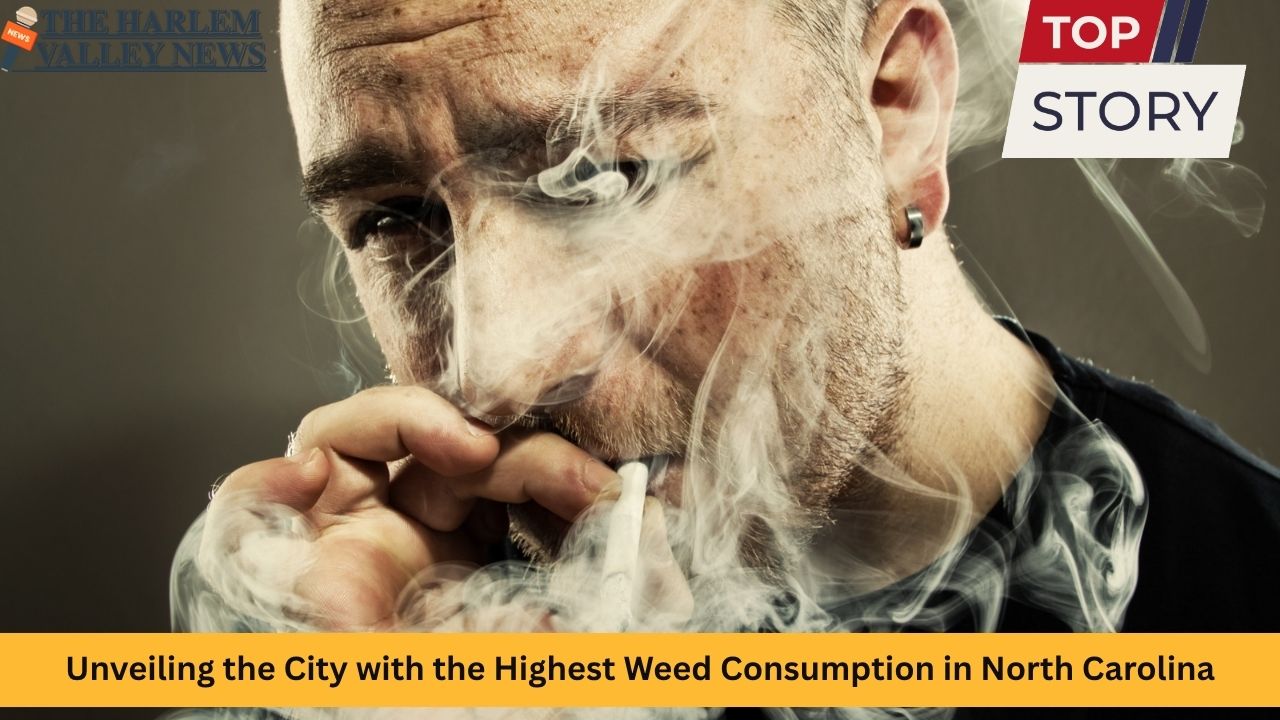
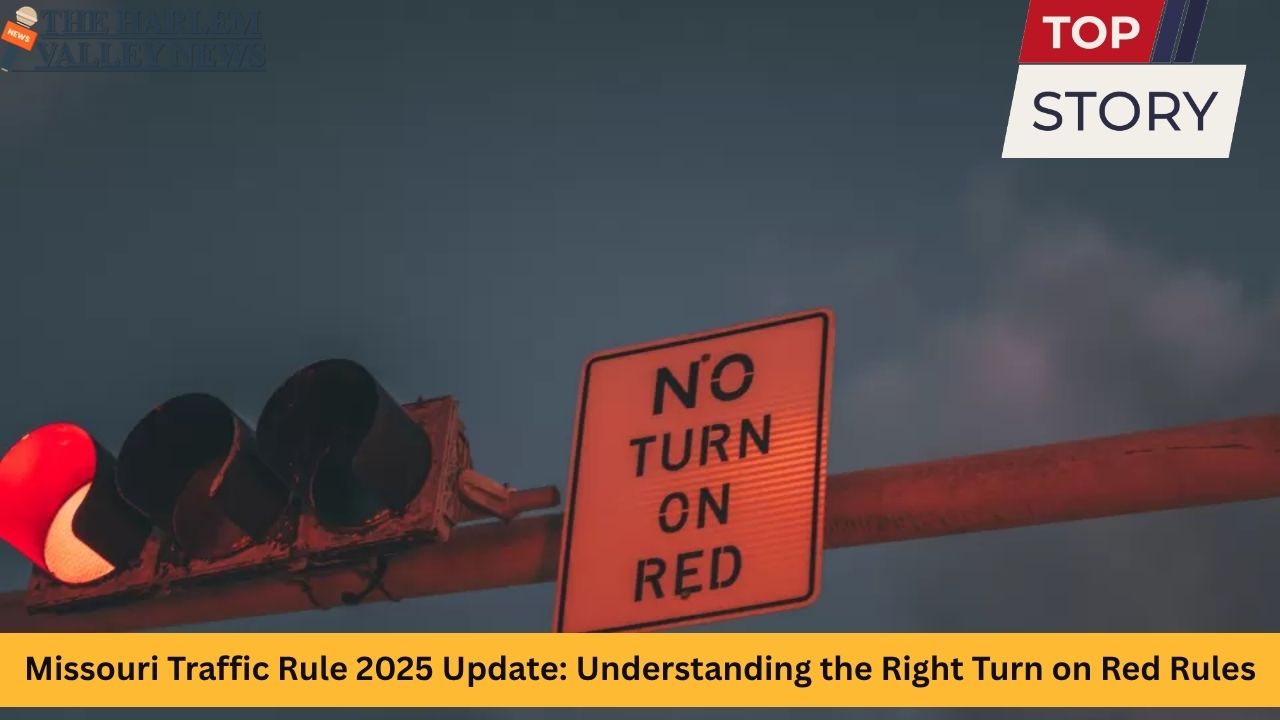


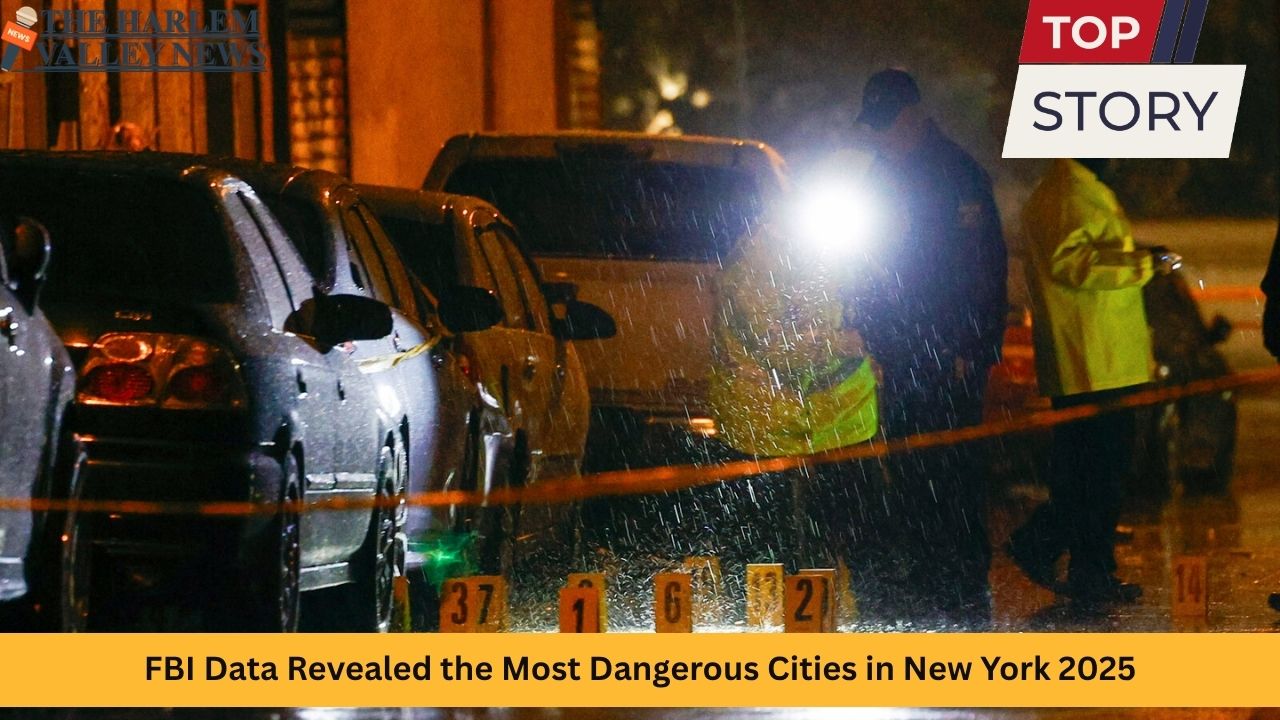


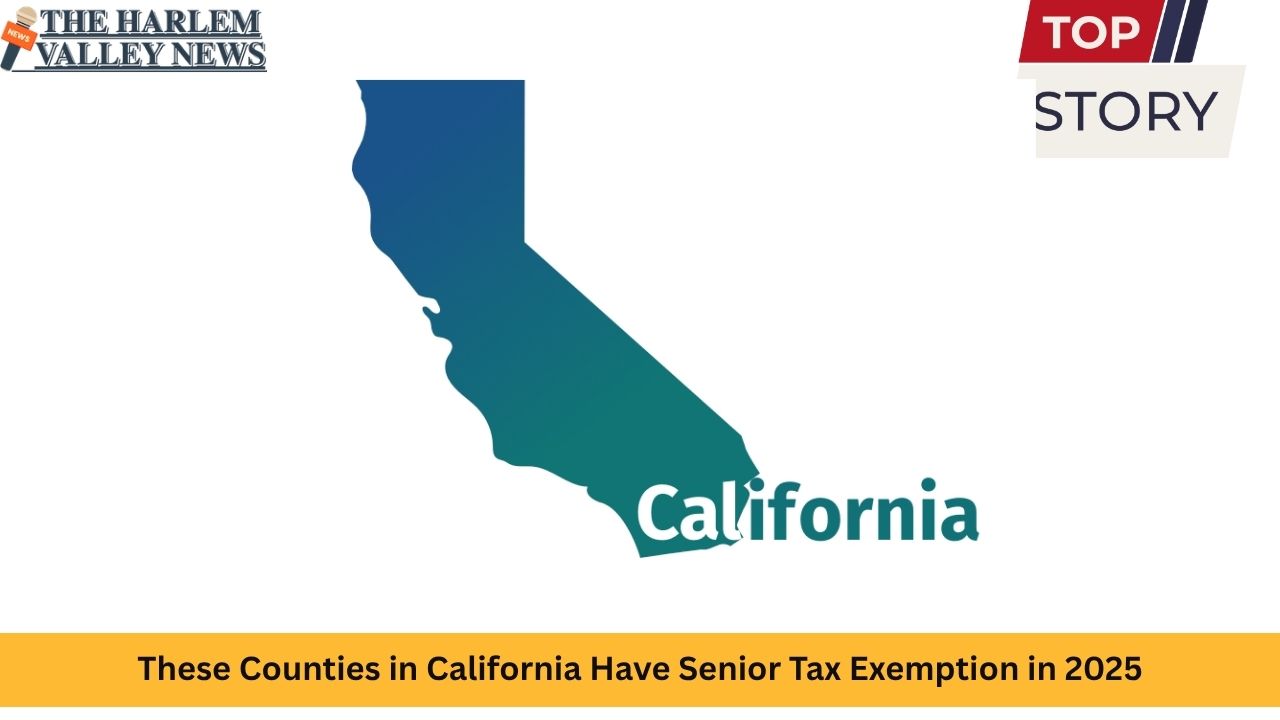

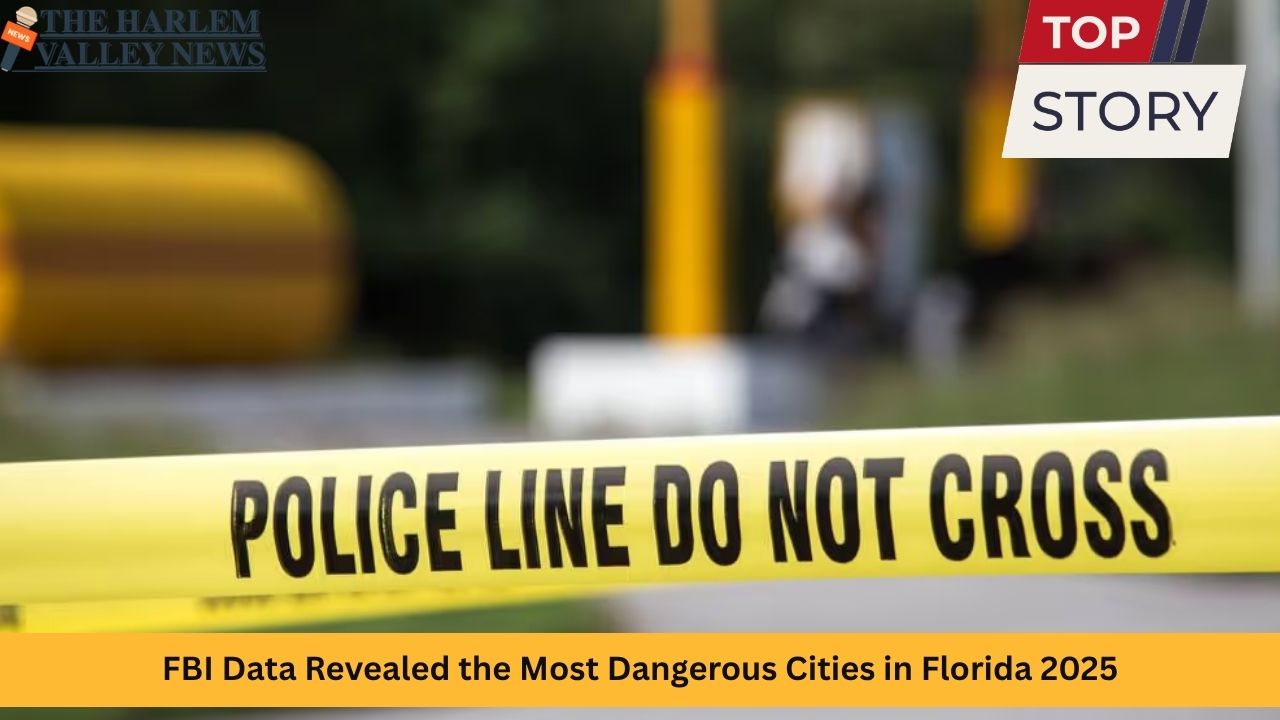

Leave a Reply